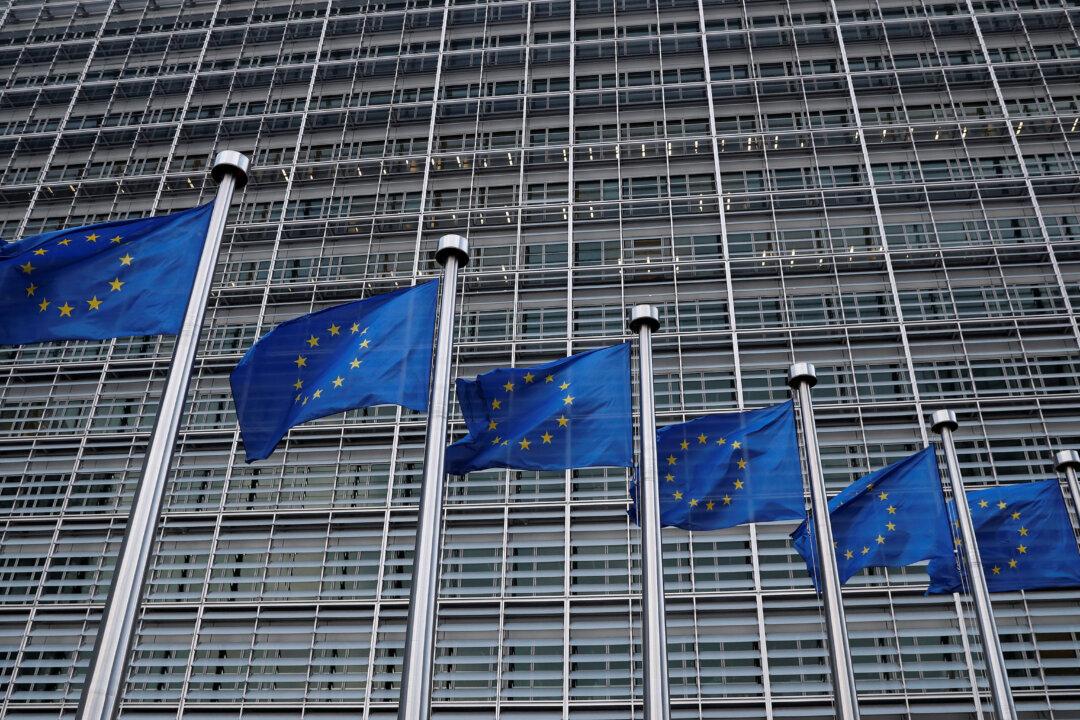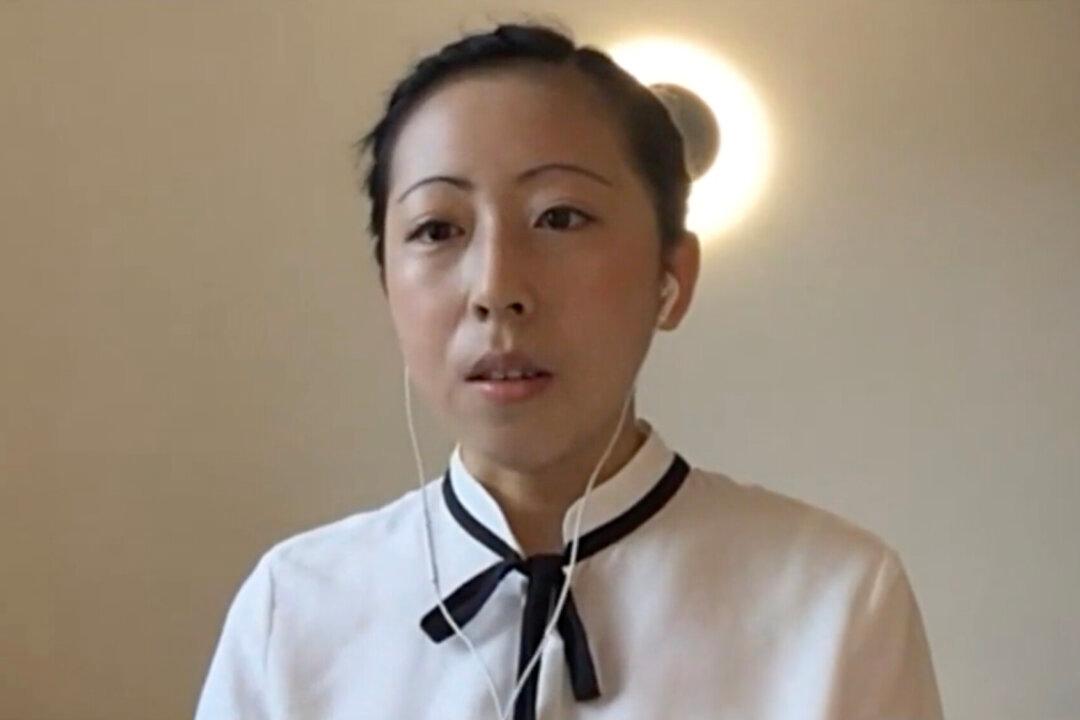Lawmakers in Brussels have put the spotlight on Beijing’s cultural infiltration in Europe.
Part of the discussion at a European conference on Thursday, March 7, centered around the Chinese regime putting pressure on European theaters, to stop a popular performing arts company from performing.





